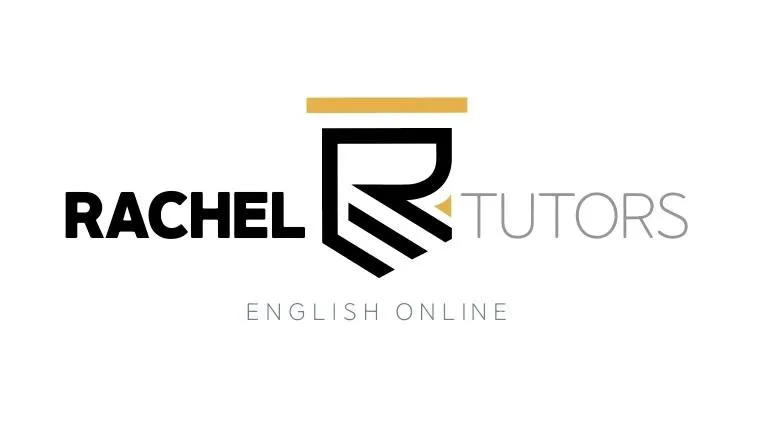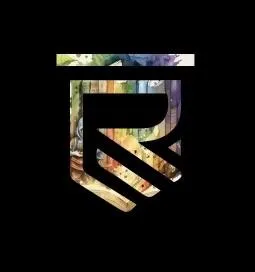Contact Us
Blog

How Dystopian Books for Middle School Students Can Transform Their Reading and Writing Skills
Introduction
Many teens struggle to stay engaged with reading and writing outside the classroom. Whether they’re reluctant readers, unsure writers, or simply overwhelmed by academic expectations, finding ways to keep them motivated is a challenge.
That’s why, in my tutoring sessions, I prioritize one key element: giving students choice.
From letting them pick the next book we read together to selecting an essay topic to write about, offering options makes students feel more invested in their learning. One of my favorite genre of books to recommend? Dystopian fiction.
Dystopian books for middle school not only captivate students but also serve as powerful tools for building critical reading and writing skills. Here’s why it works so well.
1. It Encourages Engaging Discussions
Dystopian fiction often presents complex, thought-provoking scenarios that don’t have clear “right” answers. This makes it perfect for sparking discussions that require students to think critically and explore different interpretations.
For example, while reading books like The Hunger Games and Divergent, students might debate the ethics of the societies depicted or consider how the story relates to real-world issues. These conversations get students thinking and help them express their ideas more confidently.
2. It Inspires Varied Writing Prompts
Dystopian stories lend themselves to a wide range of creative and analytical writing assignments. Some ideas include:
Analyzing literary elements like symbolism or theme
Exploring the author’s world-building techniques
Comparing the novel’s imagined future to the trajectory of the real world
These prompts push students to engage with the text while honing essential writing skills.
3. It Highlights Key Literary Elements
Dystopian novels often feature advanced literary techniques such as flashback, foreshadowing, and symbolism.
Since these elements aren’t always as prominent in other genres, dystopian fiction offers an accessible way to introduce them to students. By analyzing how these techniques enhance the story, students gain a deeper understanding of how writers create meaning.
4. It Captivates Reluctant Readers
Even students who claim they “don’t like reading” often find themselves drawn into the gripping, fast-paced plots of dystopian fiction. From the very first chapter, these books immerse readers in fascinating imagined futures where the stakes are high, but, at the same time, the characters face challenges that feel real and relatable.
This engagement is key to helping reluctant readers discover how exciting books can be, opening the door to improved reading and writing skills.
Why Dystopian Fiction Works in Tutoring
In my tutoring sessions, I’ve found that dystopian novels are a gateway genre.
They encourage students to think deeply, write creatively, and engage with texts on a level they might not experience in their regular schoolwork. By giving students the choice to explore these captivating stories, we can make learning more enjoyable and meaningful.
Final Thoughts
If your teen struggles with reading or writing, introducing them to dystopian books for middle school could be the spark they need to get engaged. These novels open doors to deeper thinking, creative writing, and literary analysis, all while keeping students hooked on every page.
Looking for great dystopian books for your teen? Here are some recommendations, all of which I've read with my own students, to get started:
The Hunger Game by Suzanne Collins
The Ballad of Songbirds and Snakes by Suzanne Collins
Divergent by Veronica Roth
Red Queen by Victoria Aveyard
Scythe by Neal Shusterman
Legend by Marie Lu
Gone by Michael Grant
The Maze Runner by James Dashner
If you’d like to learn more about how I incorporate student choice and engaging genres into my tutoring sessions, reach out today. I’d love to help your teen discover the joy of reading and writing!

